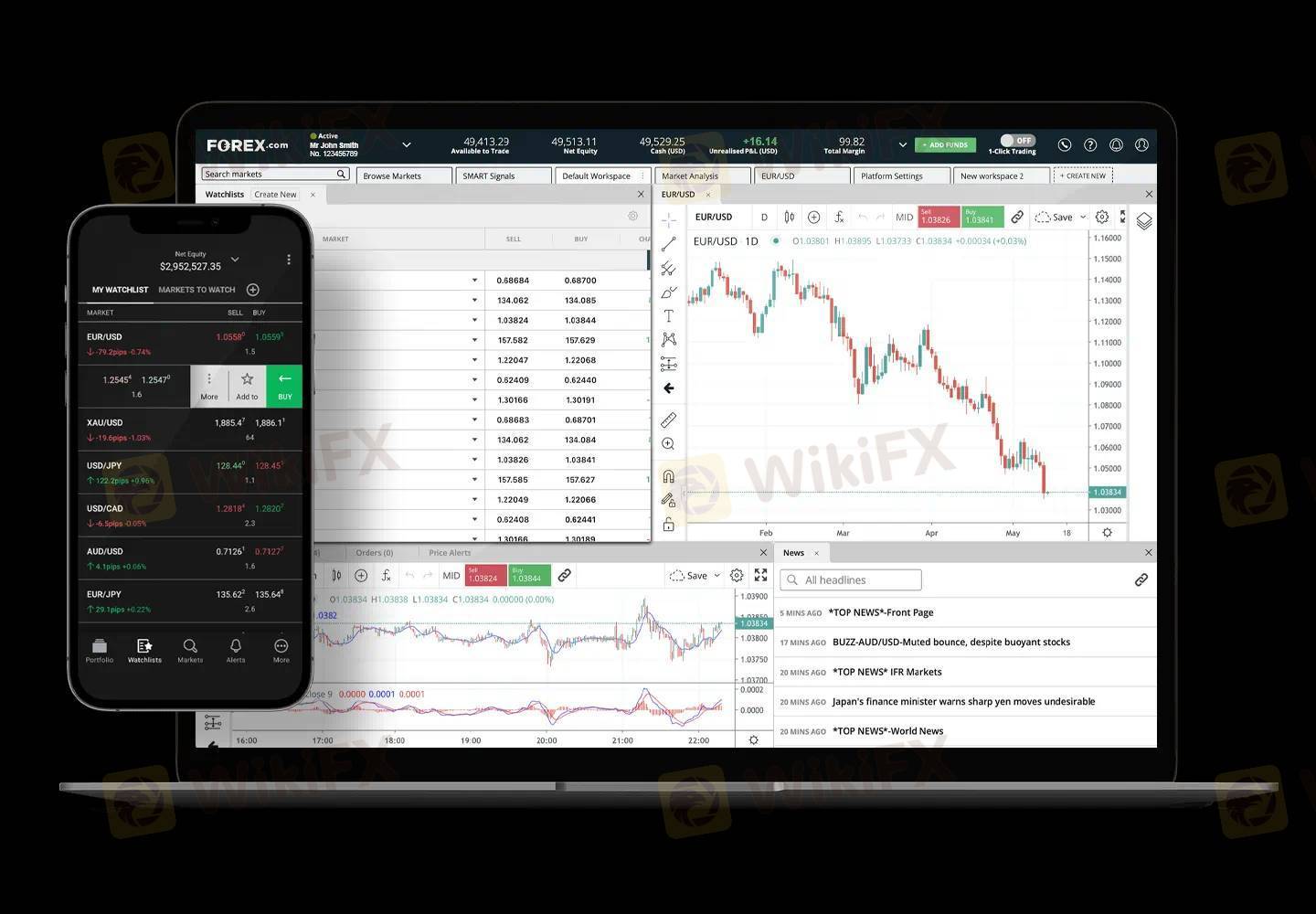
2025-07-10 12:41
IndustryEmotions Kill Trades
"Emotions kill trades" is a profound truth in forex, highlighting that psychological factors are often the biggest determinants of a trader's success or failure, even more so than strategy. While a robust trading plan ("know your edge," "backtest everything") provides the roadmap, emotions can derail execution, leading to costly mistakes and undermining even the best strategies.
How Emotions Undermine Trading:
* Fear:
* Cutting Winners Too Early: Fear of a reversal can lead traders to exit profitable positions prematurely, violating "let winners run."
* Missing Opportunities: Fear of losing again can paralyze a trader, causing them to miss valid setups.
* Holding Losers Too Long: Fear of admitting a mistake or taking a loss can lead to holding onto losing trades, hoping for a turnaround, directly contravening "cut losses quickly."
* Greed:
* Overleveraging: The desire for rapid, massive profits can lead to using excessive leverage, dramatically increasing risk.
* Overtrading: Greed can compel traders to enter too many trades, or trades that don't fit their criteria, simply to "make more money."
* Moving Stop-Losses: The greedy desire for more profit can cause a trader to move their stop-loss further away, risking more than initially planned.
* Hope:
* This is particularly dangerous when holding a losing trade. Hoping for a reversal instead of objectively accepting the loss can lead to massive drawdowns, violating "cut losses quickly."
* Frustration/Revenge:
* After a losing trade or streak, frustration can lead to "revenge trading"—taking impulsive, larger-than-usual trades to recoup losses. This often results in deeper losses.
* Overconfidence/Euphoria:
* After a string of wins, overconfidence can lead to neglecting risk management, taking larger positions, or deviating from the trading plan, leading to sudden, large losses.
Battling Emotional Trading:
* Discipline and Plan Adherence: The most effective defense is a well-defined trading plan that covers entries, exits, and risk management. Stick to it rigorously.
* Risk Management: Strict position sizing and stop-losses automatically limit the impact of emotional decisions.
* Journaling: As discussed, journaling helps identify emotional patterns that lead to bad trades.
* "Learn to Walk Away": Recognizing when emotions are running high and stepping away from the market is crucial to prevent impulsive actions.
* Acceptance of Loss: Understand that losses are an inherent part of trading. Not every trade will be a winner, and that's okay.
Controlling emotions isn't about eliminating them, but about recognizing their influence and preventing them from dictating your trading decisions. It's a continuous journey toward discipline and objective execution.
#CommunityAMA
Like 0
varrick
Trader
Hot content
Industry
Event-A comment a day,Keep rewards worthy up to$27
Industry
Nigeria Event Giveaway-Win₦5000 Mobilephone Credit
Industry
Nigeria Event Giveaway-Win ₦2500 MobilePhoneCredit
Industry
South Africa Event-Come&Win 240ZAR Phone Credit
Industry
Nigeria Event-Discuss Forex&Win2500NGN PhoneCredit
Industry
[Nigeria Event]Discuss&win 2500 Naira Phone Credit
Forum category

Platform

Exhibition

Agent

Recruitment

EA

Industry

Market

Index
Emotions Kill Trades
 Thailand | 2025-07-10 12:41
Thailand | 2025-07-10 12:41"Emotions kill trades" is a profound truth in forex, highlighting that psychological factors are often the biggest determinants of a trader's success or failure, even more so than strategy. While a robust trading plan ("know your edge," "backtest everything") provides the roadmap, emotions can derail execution, leading to costly mistakes and undermining even the best strategies.
How Emotions Undermine Trading:
* Fear:
* Cutting Winners Too Early: Fear of a reversal can lead traders to exit profitable positions prematurely, violating "let winners run."
* Missing Opportunities: Fear of losing again can paralyze a trader, causing them to miss valid setups.
* Holding Losers Too Long: Fear of admitting a mistake or taking a loss can lead to holding onto losing trades, hoping for a turnaround, directly contravening "cut losses quickly."
* Greed:
* Overleveraging: The desire for rapid, massive profits can lead to using excessive leverage, dramatically increasing risk.
* Overtrading: Greed can compel traders to enter too many trades, or trades that don't fit their criteria, simply to "make more money."
* Moving Stop-Losses: The greedy desire for more profit can cause a trader to move their stop-loss further away, risking more than initially planned.
* Hope:
* This is particularly dangerous when holding a losing trade. Hoping for a reversal instead of objectively accepting the loss can lead to massive drawdowns, violating "cut losses quickly."
* Frustration/Revenge:
* After a losing trade or streak, frustration can lead to "revenge trading"—taking impulsive, larger-than-usual trades to recoup losses. This often results in deeper losses.
* Overconfidence/Euphoria:
* After a string of wins, overconfidence can lead to neglecting risk management, taking larger positions, or deviating from the trading plan, leading to sudden, large losses.
Battling Emotional Trading:
* Discipline and Plan Adherence: The most effective defense is a well-defined trading plan that covers entries, exits, and risk management. Stick to it rigorously.
* Risk Management: Strict position sizing and stop-losses automatically limit the impact of emotional decisions.
* Journaling: As discussed, journaling helps identify emotional patterns that lead to bad trades.
* "Learn to Walk Away": Recognizing when emotions are running high and stepping away from the market is crucial to prevent impulsive actions.
* Acceptance of Loss: Understand that losses are an inherent part of trading. Not every trade will be a winner, and that's okay.
Controlling emotions isn't about eliminating them, but about recognizing their influence and preventing them from dictating your trading decisions. It's a continuous journey toward discipline and objective execution.
#CommunityAMA
Like 0
I want to comment, too
Submit
0Comments

There is no comment yet. Make the first one.

Submit
There is no comment yet. Make the first one.